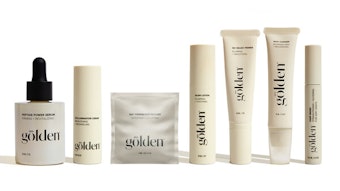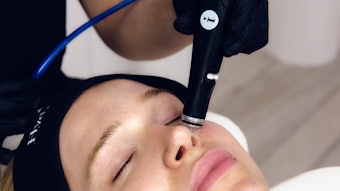Procter & Gamble (P&G), based in Cincinnati, has received much media attention as of late, what with two of its latest big business decisions. Raising some concern, the company first announced plans to cut more than half of the work force at its cosmetics plant in Ireland and move some of its operations to Poland over the next two years. Shortly following this announcement, the company declared it will divest its Western European tissue/towel business to SCA, a global consumer goods and paper company. What are P&G’s motives?
The details in regards to the closing of the Irish plant were outlined by company spokesman Doug Shelton, in a report by AP. The plant in Nenagh, County Tipperary, will continue operating with 220 employees, down from the approximate 500. "That plant remains important to P&G business," Shelton in a report. "It will continue manufacturing cosmetics." He added that the company is moving its skin care production to Poland for strategic reasons including proximity to the important emerging markets in Eastern Europe.
Mindy Thompson, manager of the Nenagh plant, said in a report that it was a difficult decision and not a reflection of the high-quality workforce in Ireland. “Our focus is now to work closely with our employees to ensure they are supported at this time and through the transition ahead. We will maximize the opportunity we’ve been given for the future of the Nenagh plant to become the focus of our European cosmetics supply chain operations.”
According to AP, some employees can transfer to the new location while others will be offered separation packages. The reduction will be phased over a two-year period, Shelton said. In other reports, the Irish government announced it would do everything it could to help those employees facing job losses from P&G’s cuts.
The Nenagh plant, opened in 1985, is currently the largest employer in the town, according to reports. It manufactures products for the Max Factor and Cover Girl makeup ranges, Oil of Olay skin products and perfumes for the Hugo Boss and Laura Biagiotti brands. Oil of Olay production will move to Poland, P&G said in a release.
In its Western European tissue/towel business deal, P&G will relinquish its manufacturing assets as well as the Tempo brand in Europe and Hong Kong and the licensing of Charmin & Bounty trademarks in Europe for $672 million to Swedish package and paper products company Svenska Cellulosa AB (SCA). The timing of this transaction will depend on the completion of all regulatory processes in Europe.
According to the company, "This is a strategic choice to focus on continued growth of P&G's tissue, towel and facial tissue businesses in the United States, Canada and Mexico, led by the billion dollar brands Bounty and Charmin," said David Taylor, president of P&G's global tissue/towel business, in a press statement. The Charmin, Bounty and Puffs brands in the United States Canada and Mexico will reportedly not be impacted by the SCA transaction in Europe. P&G expects that employees at five manufacturing plants in Europe will become employees of SCA after closing the deal. The divestiture represents about 1% of P&G's total sales.
In consideration of both business moves, P&G appears to value the potential of investment in the emerging Eastern European market, recognizing it as a great opportunity for growth, while remaining steadfast in its existing bread and butter—steady and strong, established brands. The industry has witnessed the selling off of non-core brands to re-focus efforts on what a company knows best; however, it's a newer move for companies to invest in the growing region of Eastern Europe. With a beauty giant like P&G on its side, Poland has a strong backer.
-Rachel Chapman, Cosmetics & Toiletries magazine










